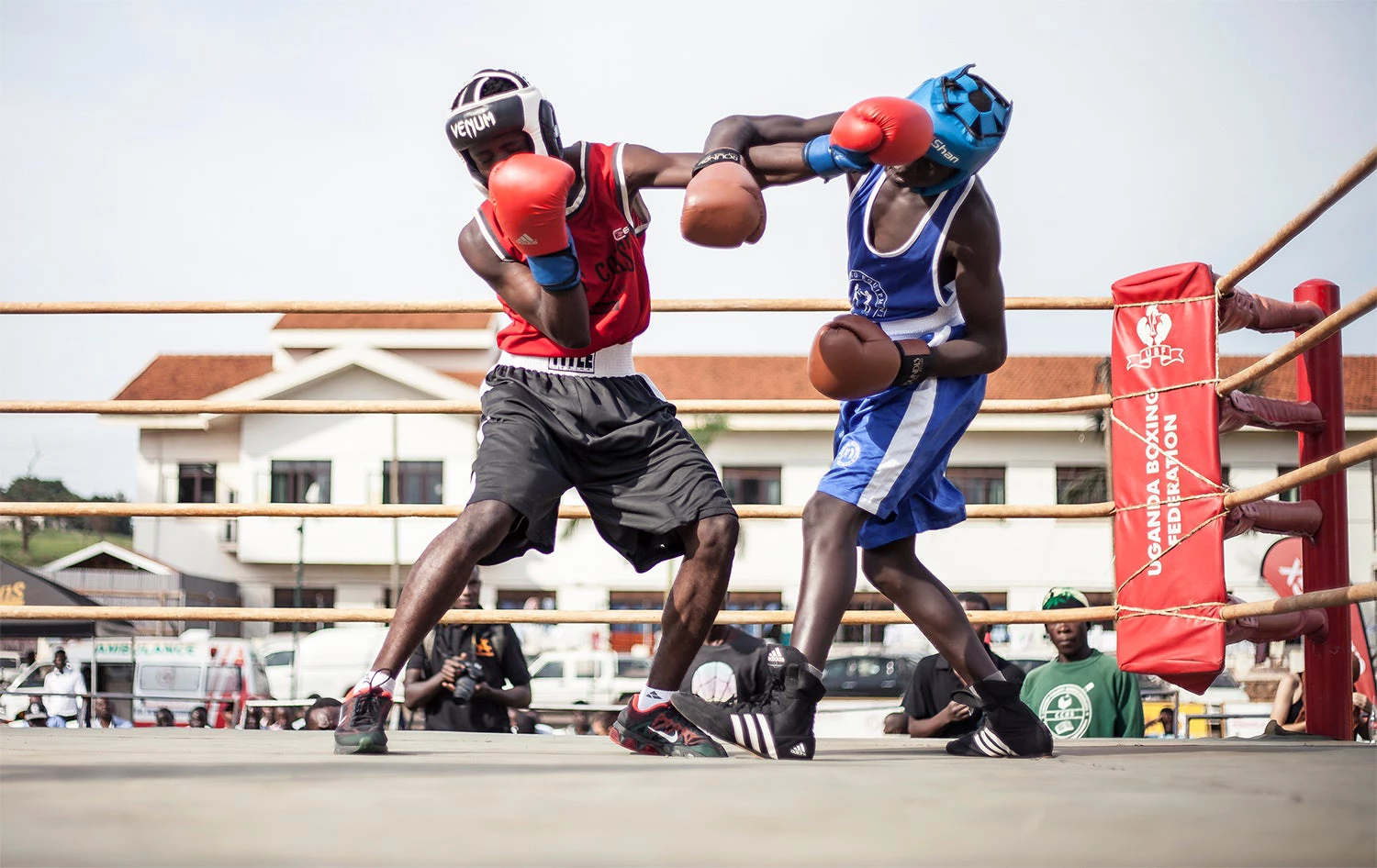
· Andrew Gelman discusses a debate about a study of the effectiveness of college education programs in prison which basically boils down to how credible and useful you find a propensity score/selection on observables estimate – but also how to think about whether to update away from a status quo that itself is not based on much evidence.
· Hybrid working from home improves retention without damaging performance is the headline of this Bloom et al. paper just published in Nature: “We ran a six-month randomized control trial investigating the effects of hybrid working from home (2-days a week at home) on 1,612 employees in a Chinese technology company in 2021–2022. We found that hybrid working improved job satisfaction and reduced quit rates by one-third. The reduction in quit rates was significant for non-managers, female employees and those with long commutes. Null equivalence tests showed that hybrid working did not affect performance grades over the next two years of reviews. We found no evidence for a difference in promotions over the next two years overall, or for any major employee subgroup. Finally, null equivalence tests showed that hybrid working had no effect on the lines of code written by computer-engineer employees”. From the editorial accompanying the paper comes this nugget on evidence adoption “Losing workers is expensive: Trip.com estimates that recruitment and training costs amount to US$20,000 for each new worker. Whereas the company previously required employees to work on-site all week unless they were travelling for business purposes, Han says that, following the trial, it has expanded its hybrid working policy to all employees.”
· But as evidence for some facetime being useful, research from MIT Sloan researchers looked at knowledge spillovers from start-ups in a coworking space, and found knowledge spillovers from being within 20 meters on the same floor – especially from being near start-ups that are more dissimilar to you.
· How should aid be targeted after disasters? On VoxDev, Gordon, Hashida and Fenichel use the example of a 2015 earthquake in Nepal to argue that “making aid conditional on property damage is no better than allocating it randomly” – “Household demand for aid does not correlate well with property damages for two reasons. First, some households that experienced damages have ‘insurance’ – access to loans and remittances that allow them to recover regardless of whether they receive aid. Second, some households have no property damage, but they still have high value for aid in order to meet their immediate needs.”
· Brain gain and Football: With the Euros now on, and the Copa America just starting, a colleague shared this old blog post by Hans Timmer on Johan Cruijff and lessons for European migration. And for those wanting a more formal treatment, I’ll point to this 2013 paper in Labour Economics on migration and international football performance which claims to “find strong and robust support for the theoretical prediction that migration of national team players improves international football performance, particularly for countries with lower quality football clubs” and this 2020 paper in the World Economy which argues that the Bosman ruling that prohibited quotas on the number of foreign EU players a club could have “spurred talent development primarily in EU countries without established top clubs having a positive impact on their junior and senior national teams' performance.”


Join the Conversation